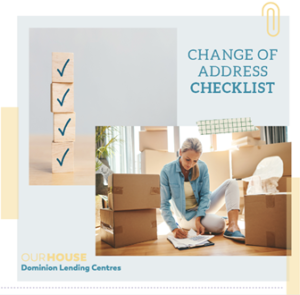
What is an Uninsurable Mortgage?.
When it comes to mortgages, insurance is necessary to protect the lender on these types of loans, which deal in large sums of money. There are three different tiers relating to insurance, which all have different minimum down payment amounts and varying premium insurance fees.
- Insured mortgages have a less than 20% down payment and are insured with mortgage default insurance through one of Canada’s mortgage insurers: CMHC, Sagen or Canada Guaranty. In these cases, the premium is based on a percentage of the loan amount, which is added to the mortgage and paid monthly.
- Insurable mortgages typically have a 20% or higher down payment and do not require mortgage insurance, though they can qualify for it. In these cases, the homeowner wouldn’t have to pay an insurance premium, but the lender can if they choose to.
- Uninsurable mortgages do not meet mortgage insurer requirements; some examples of these types of mortgages can include: refinances, mortgages with an amortization longer than 25-years or mortgage files where the real estate is more than $1M in value and/or purchase price. No insurance premium required.
Insured and insurable mortgages are typically more cost-effective when it comes to lending money, therefore clients who opt for these mortgages often get better rates.
When it comes to an uninsurable mortgage, this means that the lender is providing their own funds to the client without the protection of insurance, and have to commit to the loan for the entire term. Due to this, uninsurable mortgages tend to have higher interest rates as they are a higher risk loan.
Typically, uninsurable mortgages require a minimum of 20% down on the loan and are available for up to 30-year amortization. It is also important to note that an uninsurable mortgage will often require a higher Gross Debt Service (GDS) and Total Debt Service (TDS) ratio to indicate that you can carry the loan without high risk.
While some lenders may offer more flexibility when it come to an uninsurable mortgage, if you are looking to refinance or change to a longer amortization period, it is best to book a strategy call with me before making any changes to your mortgage.

 What is the First Time Homebuyer Incentive?
What is the First Time Homebuyer Incentive? Change of Address Checklist
Change of Address Checklist

